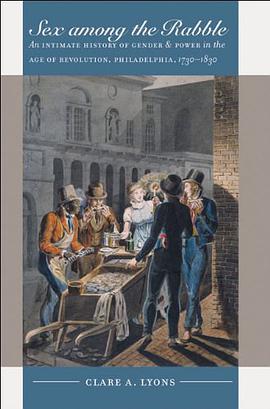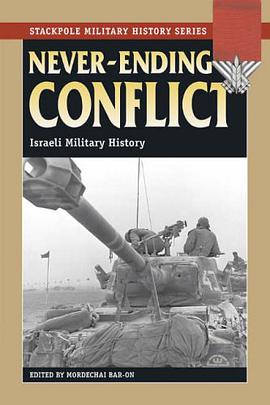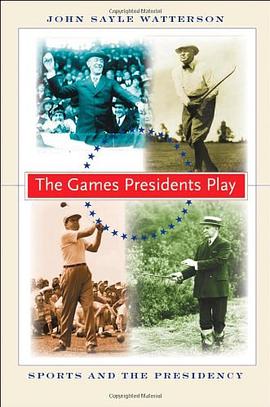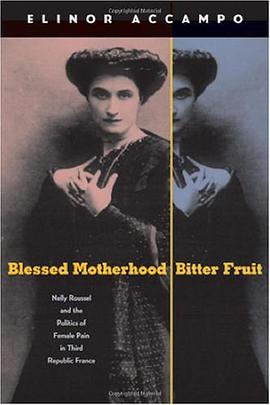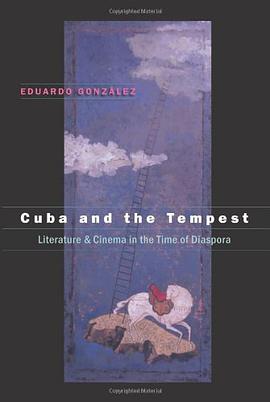

具体描述
In a unique analysis of Cuban literature inside and outside the country's borders, Eduardo Gonzalez looks closely at the work of three of the most important contemporary Cuban authors to write in the post-1959 diaspora: Guillermo Cabrera Infante (1929-2005), who left Cuba for good in 1965 and established himself in London; Antonio Benitez-Rojo (1931-2005), who settled in the United States; and Leonardo Padura Fuentes (b. 1955), who still lives and writes in Cuba.Through the positive experiences of exile and wandering that appear in their work, these three writers exhibit what Gonzalez calls "Romantic authorship," a deep connection to the Romantic spirit of irony and complex sublimity crafted in literature by Lord Byron, Thomas De Quincey, and Samuel Taylor Coleridge. In Gonzalez's view, a writer becomes a belated Romantic by dint of exile adopted creatively with comic or tragic irony. Gonzalez weaves into his analysis related cinematic elements of myth, folktale, and the grotesque that appear in the work of filmmakers such as Alfred Hitchcock and Pedro Almodovar. Placing the three Cuban writers in conversation with artists and thinkers from British and American literature, anthropology, philosophy, psychoanalysis, and cinema, Gonzalez ultimately provides a space in which Cuba and its literature, inside and outside its borders, are deprovincialized.
作者简介
目录信息
读后感
评分
评分
评分
评分
用户评价
相关图书
本站所有内容均为互联网搜索引擎提供的公开搜索信息,本站不存储任何数据与内容,任何内容与数据均与本站无关,如有需要请联系相关搜索引擎包括但不限于百度,google,bing,sogou 等
© 2026 book.wenda123.org All Rights Reserved. 图书目录大全 版权所有


